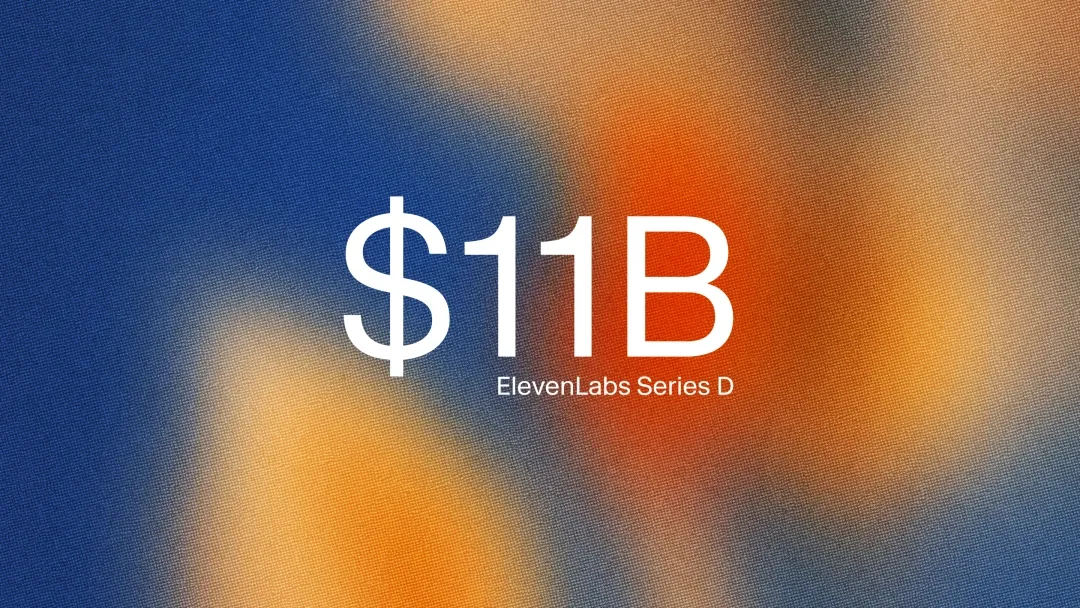OpenAI is now among the world's most valuable private companies, as the startup announced last week it has closed a $40 billion funding round, which means the ChatGPT maker is now worth $300 billion, including the $40 billion investment. The round, led by SoftBank with a $30 billion commitment, positions OpenAI behind only SpaceX, which is worth $350 billion, and on par with ByteDance, TikTok's parent company.
In announcing the funding, OpenAI stated: "We're excited to be working in partnership with SoftBank Group—few companies understand how to scale transformative technology like they do. Their support will help us continue building AI systems that drive scientific discovery, enable personalized education, enhance human creativity, and pave the way toward AGI that benefits all of humanity."
In addition to SoftBank's backing, the recent funding includes participation from several important investors, including Microsoft, Coatue, Altimeter, and Thrive. According to OpenAI's announcement, the company plans to "push the frontiers of AI research even further" and scale its compute infrastructure with the fresh capital. Approximately $18 billion from the raised capital is expected to support OpenAI's commitment to Stargate, the joint venture between SoftBank, OpenAI, and Oracle announced by President Trump in January.
Critically for OpenAI, SoftBank's investment comes with conditions—the investment could be reduced by as much as $10 billion, for a $20 billion total, if OpenAI doesn't restructure into a for-profit entity by December 31. OpenAI announced its plans to convert into a for-profit entity late last year and has since faced a series of challenges, including repeated opposition by Elon Musk, who has undertaken several actions to attempt to block OpenAI's conversion, including filing an injunction and making a $97.4 billion bid for the company.
Musk's injunction received some support from third parties, including Meta and the nonprofit Encode, before being ultimately denied by U.S. District Court Judge Yvonne Gonzalez Rogers. But Judge Rogers determined that although Musk had not presented enough evidence for an injunction, the court could set an expedited trial date for this fall solely based on Musk's claim that OpenAI's conversion is against the law. Judge Rogers noted that "irreparable harm is incurred when the public’s money is used to fund a non-profit’s conversion into a for-profit," and that several OpenAI co-founders had committed not to use the startup "as a vehicle to enrich themselves."
OpenAI's growth continues to accelerate at a remarkable pace. OpenAI claims ChatGPT has reached 500 million weekly users, up from 400 million just last month. On March 31, CEO Sam Altman posted on X that while the ChatGPT launch saw "one million users in five days," the platform recently "added one million users in the last hour." The company expects its revenue to triple to $12.7 billion by the end of this year.







Comments